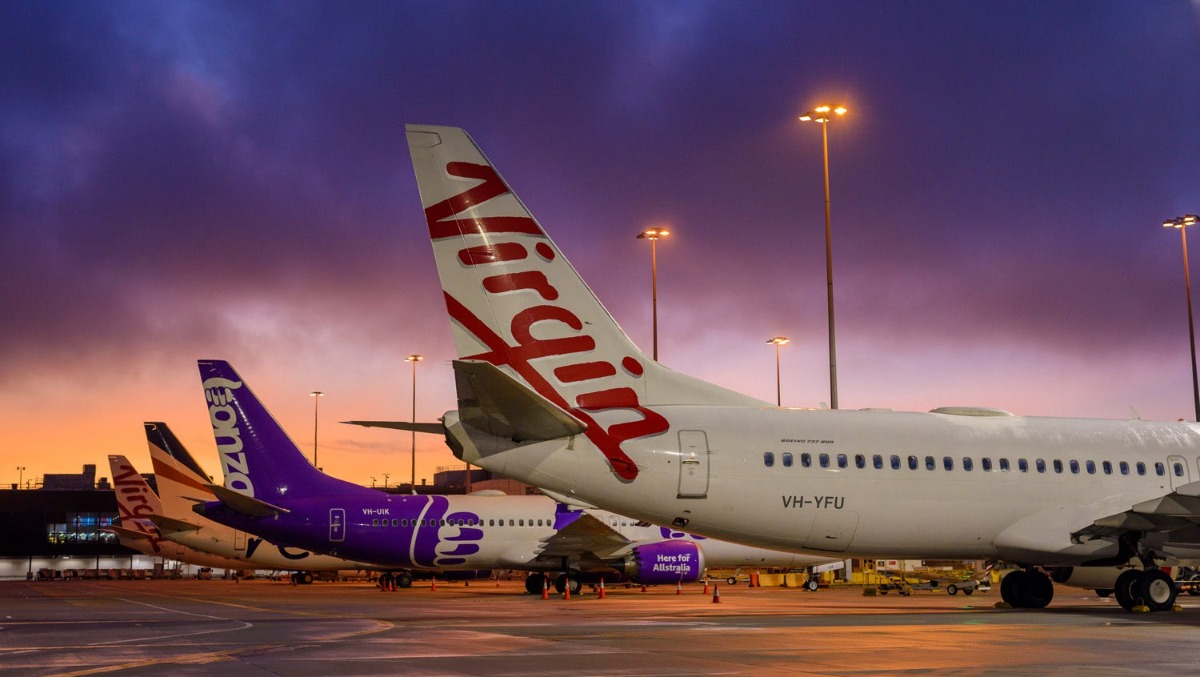
Virgin Australia and Bonza are set to address the House Standing Committee on Economics as it looks into “economic dynamism, competition and business formation”.
The two airlines will appear at public hearings as the committee examines issues around the aviation, banking and social procurement sectors. Three days of hearings will be held in total: one in Toowoomba on 30 June, and two in Melbourne on 4-5 July.
“Aviation and banking are two key industries facing high levels of market concentration and barriers to entry for new businesses, including regulatory hurdles and requirements,” said Committee Chair Dr Daniel Mulino.
“In the aviation space, the Committee looks forward to hearing from Virgin Australia and Bonza, the newest entrant to the market. Airlines have been the subject of considerable public commentary in recent months. The Committee looks forward to exploring issues of market power and competition.”
Virgin declined to comment; however, a Bonza spokesperson told Australian Aviation that the low-cost carrier, which flies point-to-point between largely underserved regional destinations, is looking forward to speaking.
“We’re delighted to be invited to speak at the Standing Committee on Economics to discuss Bonza’s mission to create economic benefit beyond just improving tourism visitation numbers and creating jobs,” the spokesperson said.
“We have seen in just a few months the positive economic impact we have made to the regions we fly to and this is just the beginning.”
The Terms of Reference for the inquiry will cover:
a) The effect of a diverse and dynamic business environment on:
- productivity, prices and better-paid jobs
- our supply chain resilience to disruption
b) The extent to which anti-competitive behaviour and changes in industry structures have contributed to rising market concentration in Australia
c) The extent to which economic barriers—such as regulatory costs and barriers to finance, infrastructure, suppliers, customers and workers—contribute to rising market concentration and slowing business formation rates in Australia
d) The extent to which businesses consolidating their market power has undermined productivity, stifled wages, made markets more fragile and led to higher mark-ups
e) Drawing on international examples, how Australia could lower economic barriers to competition and business formation, further limit anti-competitive behaviour, and better manage changes in industry structure that would entrench, increase or extend market power, and
f) Any other related matters.















